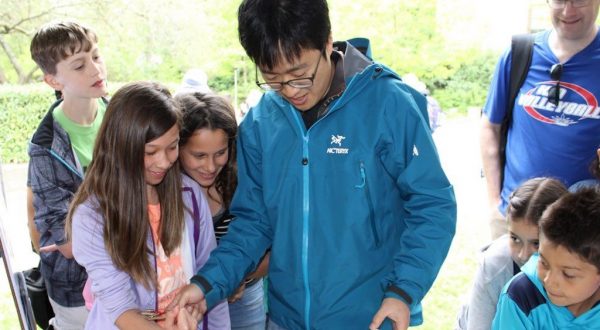NSF-supported program to support individuals with disabilities in engineering and train all engineers in principles of inclusive design.
Mobility is critical to human health.
As mechanical engineers, we love to study movement. Understanding the complex dynamics of the neuromusculoskeletal system, as well as how movement is shaped and influenced by our interactions with devices, the environment, and others is the core mission of our team. From walking to wheeling, we take a human-centered, needs-based design approach to understand the basic science, develop innovative techniques, and translate results to daily life. Whether on the athletic field, in the clinic, or at home we seek to understand how humans move and how we can improve health, performance, and quality of life. Let’s get moving!
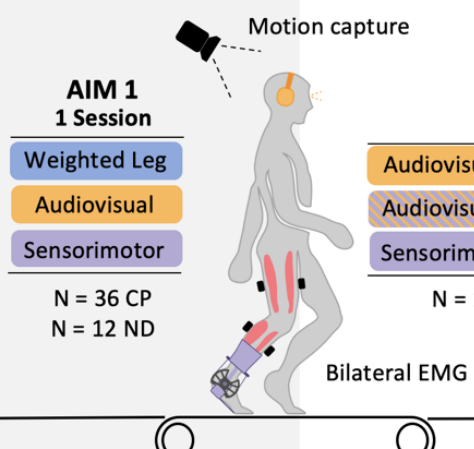
Dynamic Motor Control
Every brain injury is unique. This fact makes the evaluation, treatment, and support of individuals with neurologic injuries a complex and highly personalized challenge. In this research we seek to identify the individualized factors that can be used to predict
Read more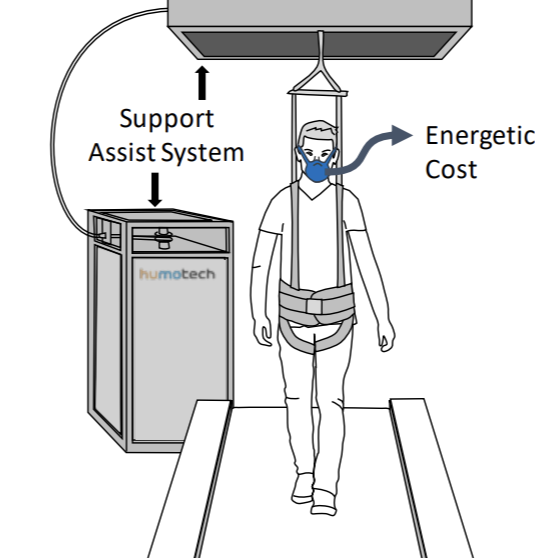
Cerebral Palsy Energetics
Movement requires energy! How much energy an activity takes often dictates how often and how much we choose to engage. For individuals with cerebral palsy, the energetic cost of many activities of daily living are elevated due to changes in
Read more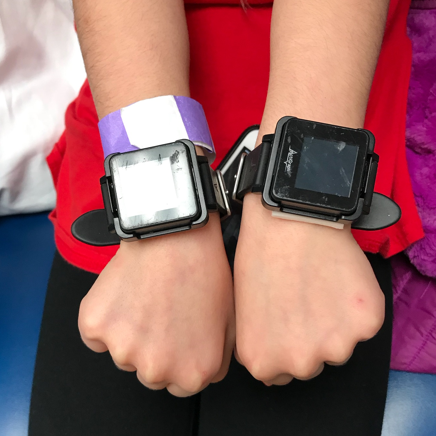
Ubiquitous Rehabilitation
Ubiquitous sensing with wearable technology, video, and environmental sensors has opened new doors to support human health and performance. In rehabilitation, advancing these methods for actionable clinical insight is critical to improve outcomes and support activities of daily living. Research
Read more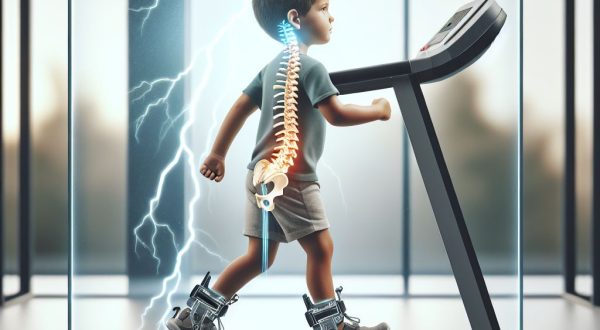
Spinal Neuromodulation
Over 75% of children with cerebral palsy (CP) have spasticity. While treatments such as selective dorsal rhizotomy, baclofen, and botulinum toxin injections are common and can reduce spasticity, recent evidence suggests these procedures may have undesirable side effects and long-term
Read more
Early Mobility & Play
Mobility is a fundamental human right. The ability to move and explore the world, supports our learning, development, and social engagement. However, for many children with disabilities, mobility is often delayed and limited due to physiological impairments, societal expectations, and
Read more





